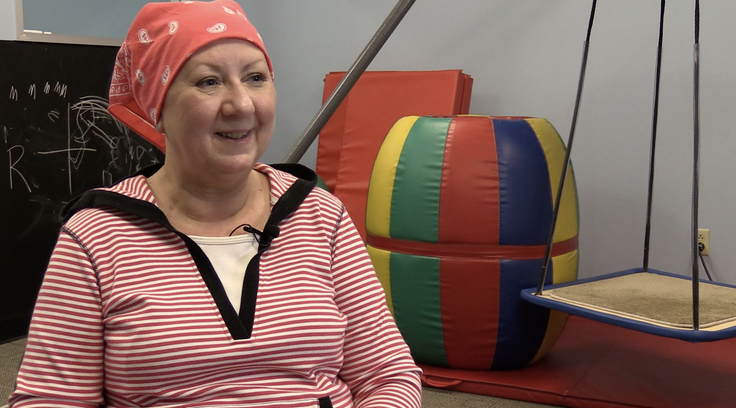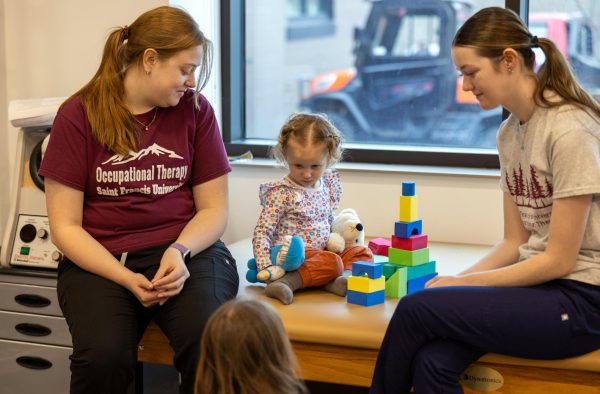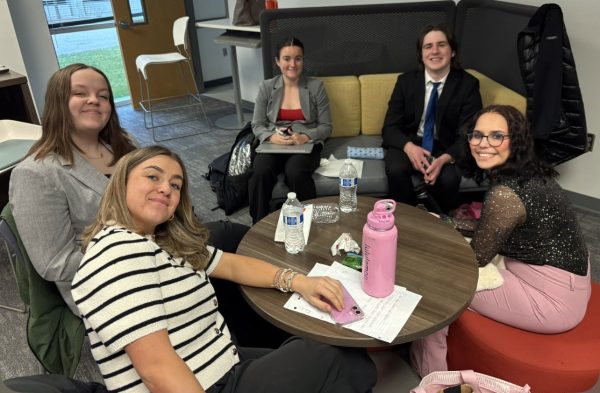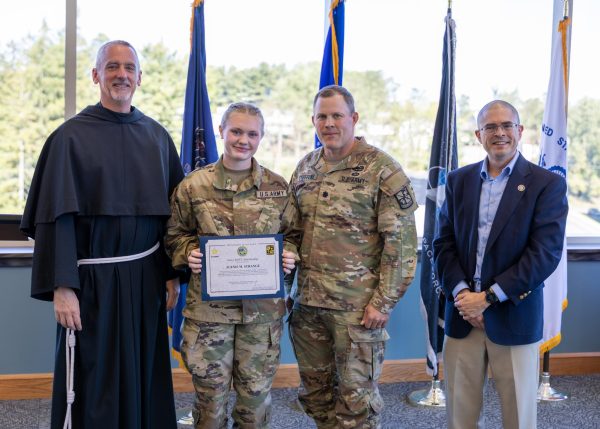Center for Rural Cancer Survivorship to offer wide range of services
In rural America, the rate of cancer survival is progressively dropping. There are many contributing factors to this troubling trend, but two of the primary reasons are because of weather conditions and distance from hospitals and medical centers.
Given these challenges, the University recently announced the establishment of the Center for Rural Cancer Survivorship.
What makes the center unique is the fact that it is a three-pronged initiative, with all three tiers working together in an effort to provide comprehensive, patient-centered health care.
Education is the first pillar, with a concentration in exercise oncology. A master of science degree in Cancer Care is offered within this tier.
Clinical services is the second pillar. This area focuses on exercise programs that are provided to cancer survivors. Clinicians measure how much progress the survivor has made and works with the patient to map a path toward achieving specific fitness goals.
“What we do, through exercise, is help to alleviate some symptoms,” said Kris Wisniewski, an associate professor of Exercise Physiology and Assistant Director of SFU’s Human Performance Lab. “We’re trying to maintain their fitness level while improving their quality of life while they’re going through treatment.”
Research is the third pillar and one that connects education and clinical services. Efforts on this front are conducted under the supervision of the center’s interdisciplinary faculty.
This center will help cancer survivors improve not only their physical health, but also their psychological and spiritual well-being.
Included among the services provided to members of the community are psychological support, supervised exercise programs, rehabilitative services, physical fitness assessment, nutritional counseling, weight management and educational and lifestyle behavioral modification.
“A unique three-pillar interdisciplinary approach prepares future cancer care professionals through intensive educational training, internal and external clinical experiences, and translational research experiences,” said Stephen Baker, an associate professor of Psychology and Chair of the new center.





